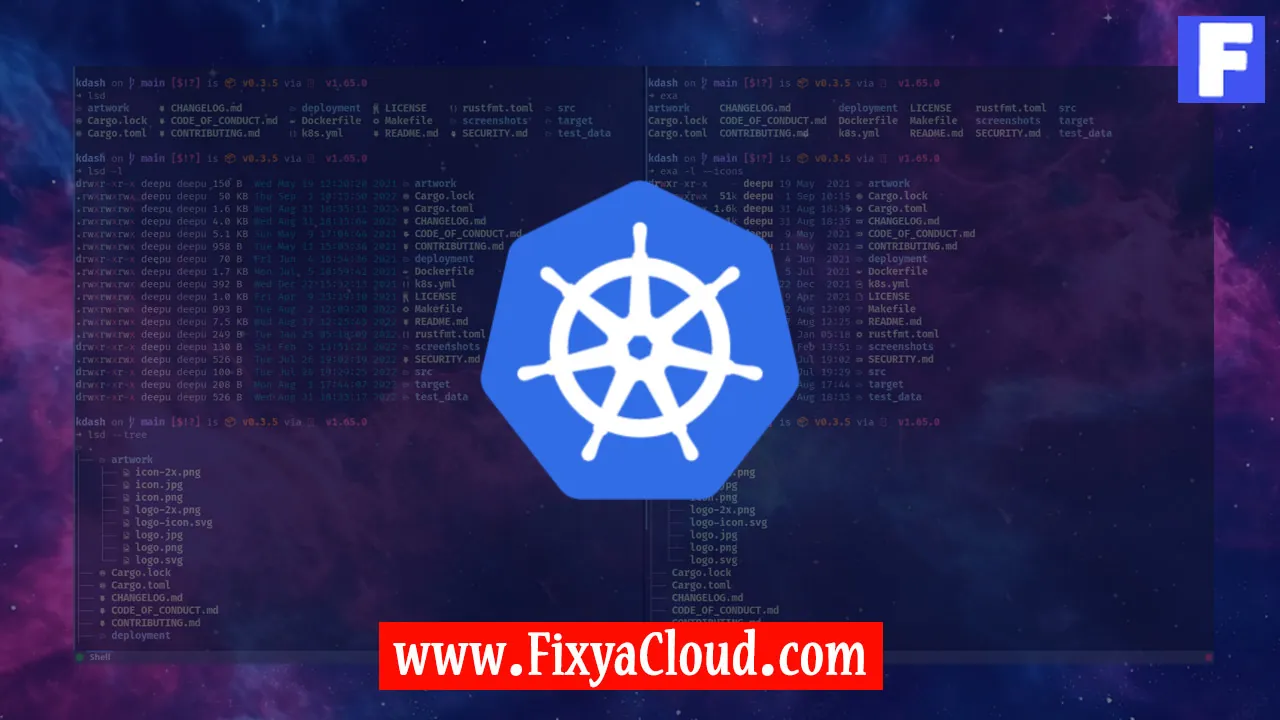What is Kubernetes in OCI?

Kubernetes, often abbreviated as K8s, has emerged as a powerhouse for container orchestration, revolutionizing the deployment and management of containerized applications. In the context of Oracle Cloud Infrastructure (OCI), Kubernetes takes on a pivotal role, seamlessly integrating with OCI services to provide a robust and scalable container management solution.
Understanding Kubernetes in OCI:
Kubernetes in OCI is designed to leverage the cloud's capabilities, offering a container orchestration platform that streamlines the deployment, scaling, and management of containerized applications. By harnessing OCI's infrastructure, Kubernetes ensures high availability, flexibility, and ease of use.
Getting Started: Setting up Kubernetes in OCI
To begin your Kubernetes journey in OCI, follow these steps:
Create an OCI Account:
If you don't have an OCI account, sign up on the Oracle Cloud website. Once registered, navigate to the OCI Console.Install OCI CLI:
The OCI Command Line Interface (CLI) is essential for interacting with OCI resources. Install it by following the instructions provided in the OCI documentation.Set Up Kubernetes Cluster:
Using OCI's Container Engine for Kubernetes (OKE), set up a Kubernetes cluster with a few simple commands:oci ce cluster create --compartment-id <compartment_id> --name <cluster_name> --kubernetes-version <version>Replace
<compartment_id>,<cluster_name>, and<version>with your specific details.
Deploying Applications with Kubernetes in OCI:
Once your Kubernetes cluster is up and running, deploying applications becomes a seamless process.
Deploy a Sample Application:
Create a YAML file, e.g.,sample-app.yaml, defining your application's specifications. Then deploy it using thekubectl applycommand:kubectl apply -f sample-app.yamlScaling Applications:
Kubernetes allows you to scale applications easily. For example, to scale a deployment to three replicas, use:kubectl scale deployment <deployment_name> --replicas=3Replace
<deployment_name>with the actual name of your deployment.
OCI Integration: Leveraging OCI Services with Kubernetes:
Kubernetes seamlessly integrates with various OCI services, enhancing the capabilities of your containerized applications.
Using OCI Storage with Kubernetes:
Integrate OCI Block Volumes or Object Storage with Kubernetes for persistent storage:apiVersion: v1
kind: PersistentVolume
metadata:
name: example-pv
spec:
capacity:
storage: 5Gi
volumeMode: Filesystem
accessModes:
- ReadWriteOnce
oci:
blockVolume:
volumeID: ocid1.volume.oc1.phx.<unique_ID>Replace
<unique_ID>with the actual ID of your OCI Block Volume.OCI Load Balancer with Kubernetes:
Integrate OCI Load Balancer for distributing traffic across your Kubernetes nodes:apiVersion: v1
kind: Service
metadata:
name: example-service
spec:
ports:
- protocol: TCP
port: 80
targetPort: 8080
type: LoadBalancer
Kubernetes in OCI unlocks a world of possibilities for managing containerized applications. From easy deployment to seamless integration with OCI services, this combination offers a robust solution for modern cloud-native architectures.
Related Searches and Questions asked:
That's it for this topic, Hope this article is useful. Thanks for Visiting us.
